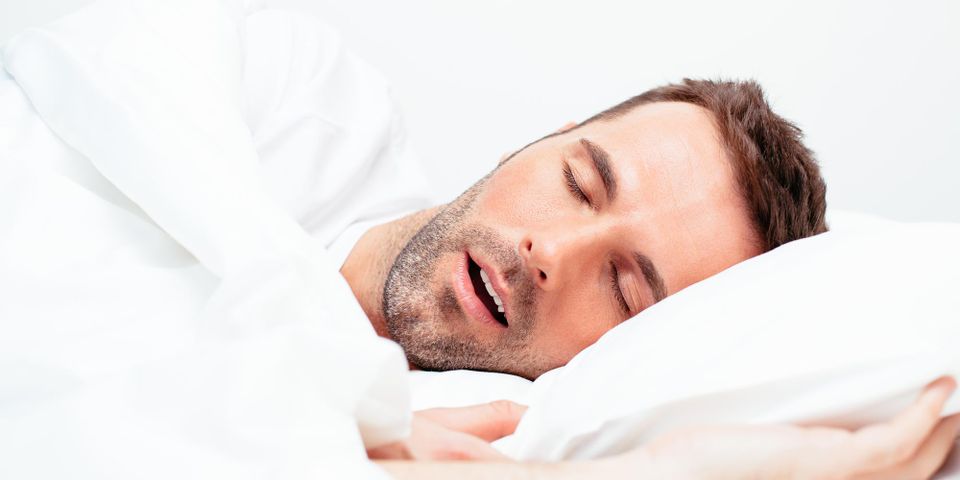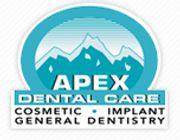Why Your Dentist Advises Against Breathing Through Your Mouth

Mouth breathing is something everyone does from time to time, such as when you have a head cold or sinus infection. But chronic breathing with the mouth has adverse effects on oral health. Here’s what your dentist wants you to know about this bad habit.
Adverse Effects of Mouth Breathing
Dry Mouth
Breathing through your mouth dries out saliva, which can lead to tooth decay, bad breath, and difficulty chewing and swallowing. It also increases the risk for gum disease.
Facial Deformity in Children
Children who have chronic nasal obstruction — the most common cause of chronic mouth breathing — may develop a change in facial structure. Faces may form into a long, narrow shape with a flattened nose and overbite. Common symptoms include chapped lips, crowded teeth, bad breath, and reoccurring throat infections. If your child is a habitual mouth breather, consult a dentist before permanent issues arise.
Low Oxygen in the Blood
Mouth breathing does not supply the blood with as much oxygen as breathing with the nose. Low levels of oxygen in the blood can lead to dizziness, poor concentration, and fuzzy thinking, as well as sleep apnea. Lack of sleep compounds the impact of low blood oxygen levels.
What to Do if You Are a Mouth Breather
See a Dentist
 Your dentist can determine the cause of mouth breathing. Chronic nasal obstructions, for example, is a common reason children and adults don’t breathe with the nose. Surgery is often required to solve the problem. Polyps and deviated septums are common nasal obstructions. Allergies, over-reliance on nasal sprays, sinus infections, or cancer may also be culprits of chronic congestion.
Your dentist can determine the cause of mouth breathing. Chronic nasal obstructions, for example, is a common reason children and adults don’t breathe with the nose. Surgery is often required to solve the problem. Polyps and deviated septums are common nasal obstructions. Allergies, over-reliance on nasal sprays, sinus infections, or cancer may also be culprits of chronic congestion.
Treat Dry Mouth
Air conditioning and arid climates can increase dry mouth, so use a humidifier to increase the level of moisture in the air. Drink plenty of water throughout the day and avoid alcohol, sodas, and coffee. Ask your dentist about rinses and chewing gum made to combat dry mouth. Some dentists suggest using vitamin E oil on the gums to help with dryness and irritation.
Treat Sleep Apnea
If your dentist diagnoses sleep apnea, use of a CPAP machine may help you breathe normally at night and reduce the effects of dry mouth, low blood oxygen, and sleep deprivation.
Mouth breathing has negative impacts on both oral and overall health. A dentist can help you determine both cause and treatment, which is especially important to address in children. Apex Dental Care of King County, WA, offers a full range of family, cosmetic, and restorative dentistry for all ages. They have digital x-rays, Invisalign™, and dental implants, and they offer wisdom teeth extractions. Call (425) 837-0383 for an appointment or visit the website to learn more about staff and services.
About the Business
Have a question? Ask the experts!
Send your question

